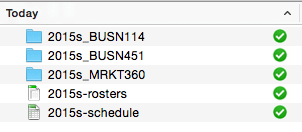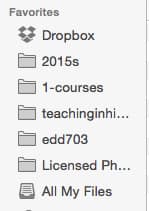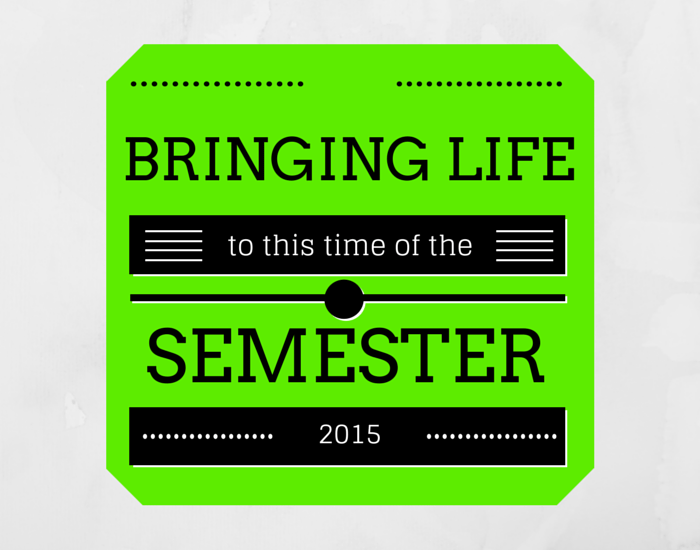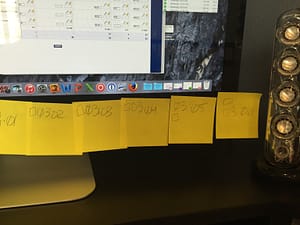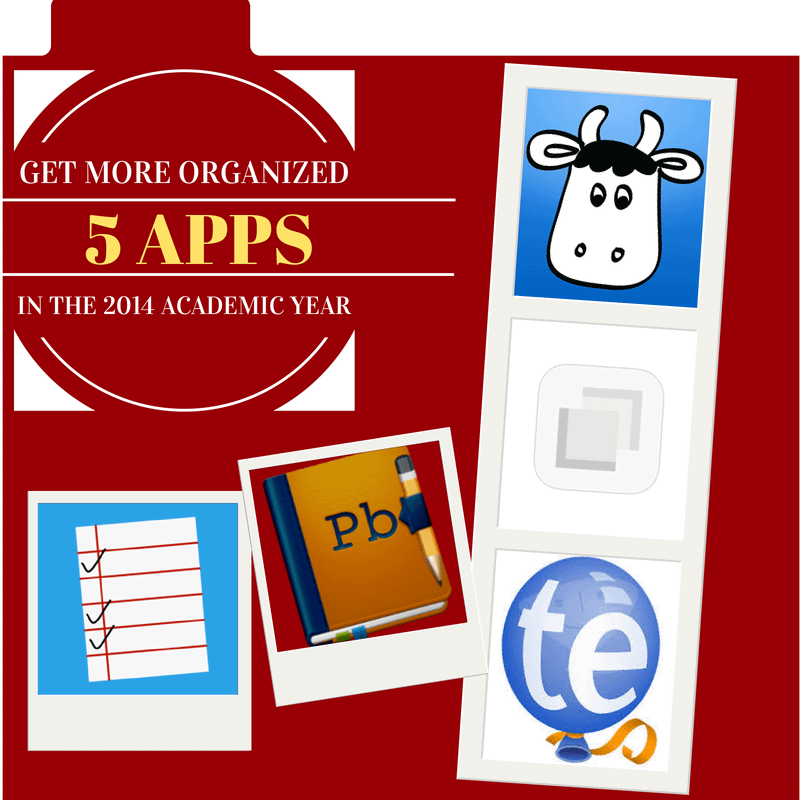I never realized that I was “different” until my friend showed such an interest in how I organized my files and folders for my academic life.
My Mom was always a person with a fond appreciation for file cabinets and keeping articles of interest around various topics. She definitely passed that on to me.
Now, neither of us wants that many physical files cluttering up our home. However, since storage space on our hard drives and/or in the cloud is relatively inexpensive today, it makes sense to hang on to stuff, in case it winds up being useful in the future.
The search features on computers today are so robust, that you could argue that having a good folder structure is no longer necessary. Some time ago, I trimmed the number of folders in my email program, so that I didn't have to scroll through so many when I was looking for something via my iPhone.
However, I still find it helpful to have a basic system of folders on both email and on my hard drive to accommodate those times when search doesn't get me what I need.
Keep course files organized
In any given semester, there are two main directories (folders) that I spend most of my digital time in:
 1) Semester-specific folder
1) Semester-specific folder
This folder contains data related to a specific semester. For 2015s, I have my class rosters (which are also sign-in sheets), my schedule (which gets printed and hung up outside my office), and a folder for students' work in each of my classes that semester.
In addition to the schedule that hangs on my wall, I create my version of Michael Hyatt's ideal week template. This exercise enables me to see how I want to invest my time throughout the semester and identify any barriers, in advance.
I spoke about how I use the ideal week template on episode 23 of the Teaching in Higher Ed podcast.
Inside each of the semester-class folders will be the students' work, as the semester gets under way.
As I begin a new semester, I move the previous semester's folder into a directory named z-Archive. The naming convention on that folder allows for it to be listed at the bottom of my main university folder, since I don't need to access it often.
I use Dropbox for almost all my files now. They now offer 1 terabyte of data on their pro plan, so it makes good sense to invest in the service. I appreciate how I can create a link to a file with a right mouse click and choosing “share dropbox link.”
When you move a folder (to an archive folder, for example), any links that you provided to students for feedback are then broken. That's why I wait until a few weeks into a new semester prior to moving/archiving the folder.
 2) Course content folder
2) Course content folder
This folder has directories for each of the classes I have taught previously. The PowerPoints, exams, and other class resources are kept in the folders. The publisher materials also go here, though I tend not to keep archives, since much of the information is redundant and some of the files are quite large.
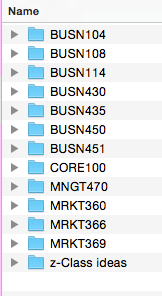
Within the 1-courses folder is also a folder called z-Class ideas. This has course descriptions for electives that I have proposed previously, as well as class resources for courses that I was potentially going to teach down the road and needed a place to hang on to such materials.
Other tips
When people have asked me for guidance on file organization in the past, they have often shown me their current structure (or lack of it). It is hard for me not to turn in to a major back-seat driver in these cases, as they often show themselves to be working far harder than they need to…
Here are a few other suggestions for keeping your class resources organized:
 Use aliases or favorites
Use aliases or favorites
On the Mac, there's a favorites list over on the left-hand side of each finder window. I keep my most commonly used folders there, including my semester-specific and course-content folders.
On the PC, you might consider using aliases, which let you create a link that takes you to the folder, which you can then place wherever you want to have easy access.
Avoid punctuation in file names
It pains me when I see a file name like: assignment.smith.final.pptx
Punctuation was never meant to be any part of a file name. While some operating systems allow for punctuation better than they previously did, it still isn't a good idea. Somewhere down the line, your file could encounter a system that doesn't like punctuation in file names and you may not necessarily catch why the error is occurring right away.
Direct students on what to name their files
It can be a big help if the students are told what to name the files that they submit for your courses. Yes, they may forget, and you will still need to tweak some of them. However, most of them will remember and it will save you that much more time in your grading process.
[reminder]What techniques do you use to keep your course files organized?[/reminder]

